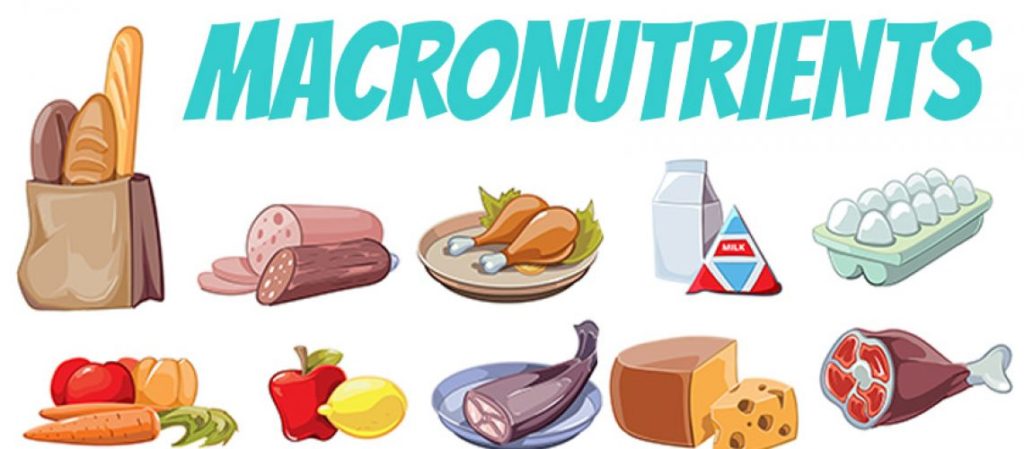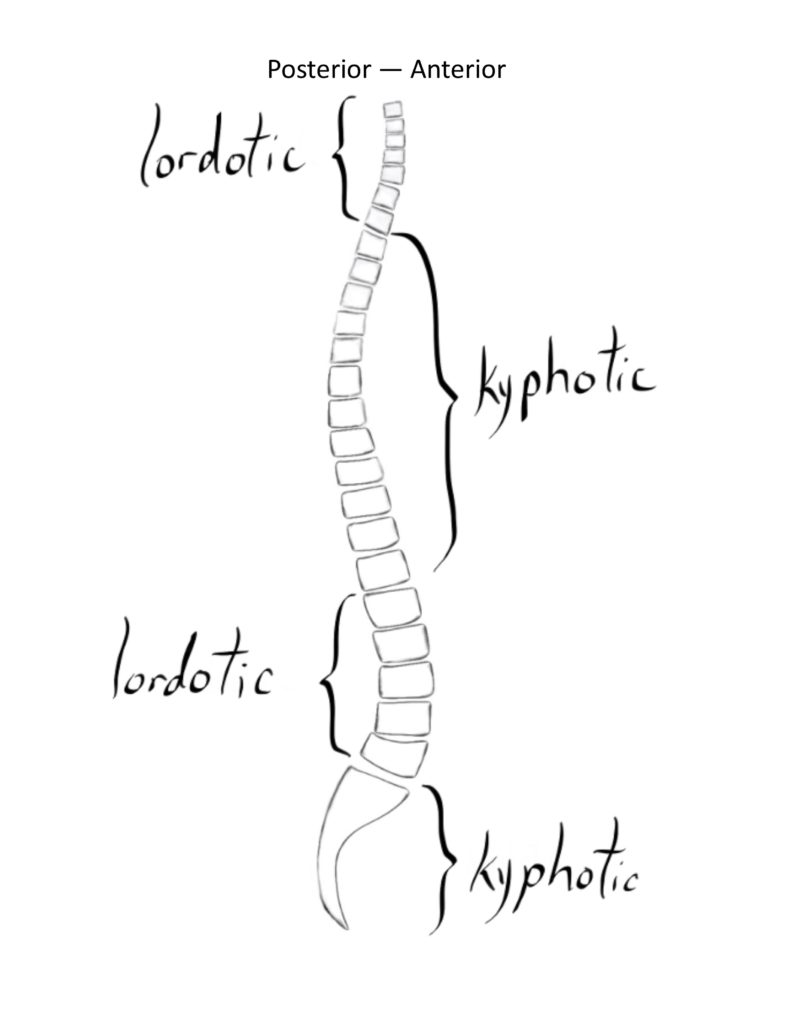
[purchase_link id=”2595″ text=”Purchase the Original, Watermark Free PDF File” style=”button” color=”green”]

[purchase_link id=”2595″ text=”Purchase the Original, Watermark Free PDF File” style=”button” color=”green”]

A macronutrient is defined as any substance that is required in large amounts for the healthy growth and development of an organism. In the context of nutrition and the human diet, we require three macronutrients – carbohydrates, proteins, and fats. Each of the three macronutrients are equally important and serve their own unique purpose and function.
Continue reading Nutrition – Macronutrients: Purpose and Function

[purchase_link id=”2509″ text=”Purchase the Original, Watermark Free PDF File” style=”button” color=”green”]

[purchase_link id=”2466″ text=”Purchase the Original, Watermark Free PDF File” style=”button” color=”green”]
*Disclaimer: If you have not read through Facts About the Spine [Part 1 of 2], I encourage you to do that first. The information presented in this article builds on top of the information there.*
A healthy adult spine has gentle curves throughout and, when viewed from the side, can be observed to form a distinguishable “S” shape. These curves are a normal part of the spine’s structure, helping the body to maintain balance and transforming the spine from a straight, inflexible rod, to a spring that is able to flex and extend. The primary role of these curves is to absorb and distribute mechanical stress when the body is at rest and during movement.
We know that the spine has four different regions – the cervical spine, thoracic spine, lumbar spine, and the sacrum and coccyx. Each region of the spine has one of two curves – a lordotic curve or a kyphotic curve.
Continue reading Fitness – Facts About the Human Spine [Part 2 of 2]